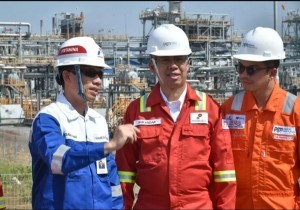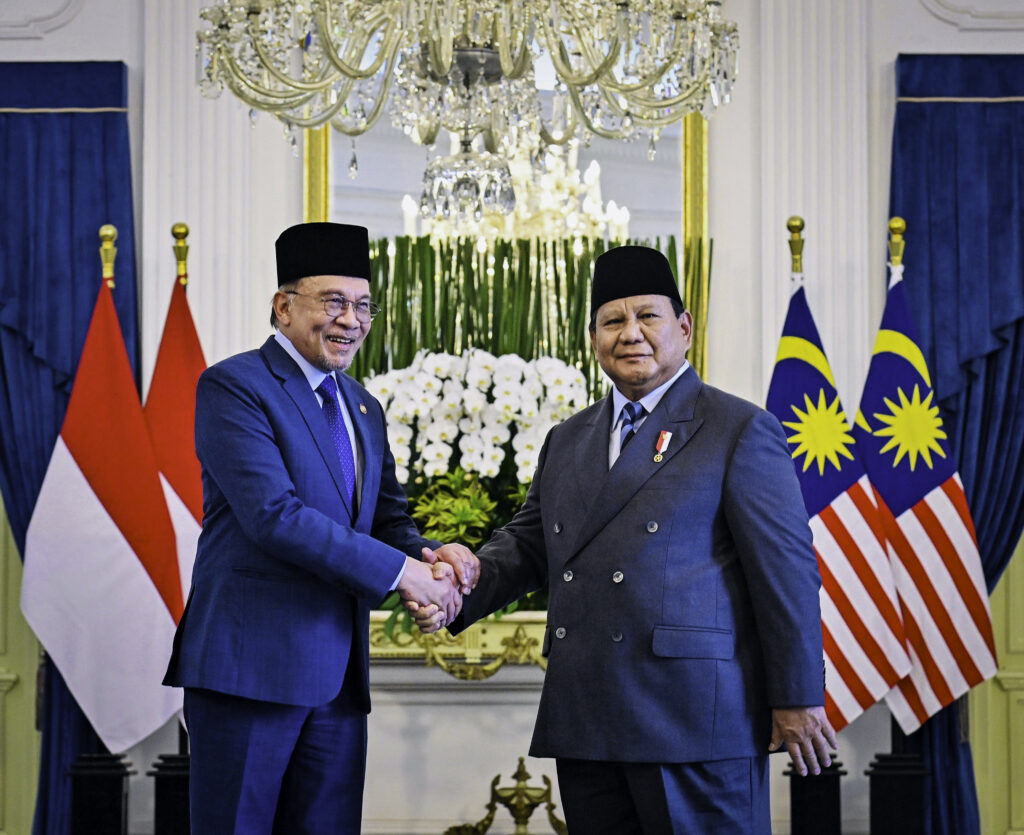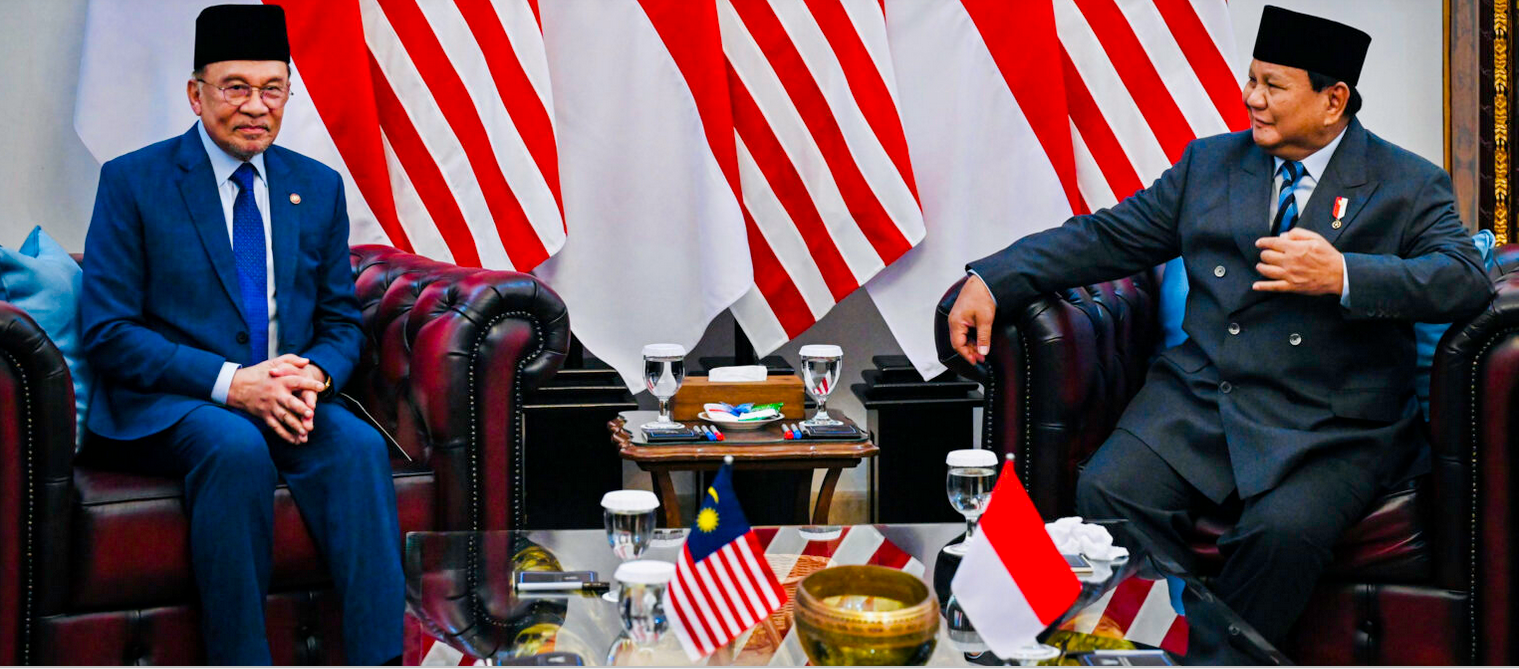Indonesia Has 3.6Million Barrels of Dead Stock Oil

Deputy Minister of Energy and Mineral Resourcesinspects oil refinery facilities in Gresik, East Java Province, Saturday (8/9) (Photo: Ministry of ESDM)
Deputy Minister of Energy and Mineral Resources (ESDM) ArcandraTahar said Indonesia has approximately 3.6 million barrels of oil with dead stock status which cannot be processed and utilized yet.
The dead stock crude oil can be found inside the tanks at oil and gas production facilities owned by Cooperation Contract Contractors (KKKS) spreading across Indonesia.
Arcandra made this statement when inspecting the Onshore Processing Facility (OPF) of PT Saka Energi Indonesia together with the Director General of Oil and Gas Djoko Siswanto and Deputy Head of SKK Migas (Upstream Oil and Gas Regulatory Special Task Force) Sukandar in Gresik, Saturday (8/9). Our main agenda of this visit is to review the dead stock, he said.
Dead stock or unpumpable stock is the volume of crude oil products that settle in the tank, cannot be pumped and distributed, thus it cannot be utilized.
Arcandra hoped that the dead stock can be distributed and increase state revenue from oil and gas sector.
The Government expects all dead stock can be reprocessed and sold in the market. Thus it can be beneficial particularly to increase state revenue, he said.
Our current dead stock supply is around 3.6 million barrels throughout Indonesia. We are now trying to reduce this to reach a more reasonable amount, Arcandra continued.
During this time, for oil and gas working areas that adopt production sharing contract with cost recovery scheme, the dead stock cost is likely to be charged to the state expenditure. This is certainly inefficient and reduces the states non-tax revenue from oil and gas sector.
Arcandra expressed his optimism that Indonesian KKKS is able to convert the stock into more useful products that can be sold into the market.
Dead stock that has been taken can be brought to refineries across the country to be reprocessed, he said.
We already have the technology and technical engineer needed (to process the dead stock). The next plan is to evaluate which technology is more feasible and economically profitable, concluded Arcandra. (ESDM / EN Communication Team) (STU/MMB/Naster)








